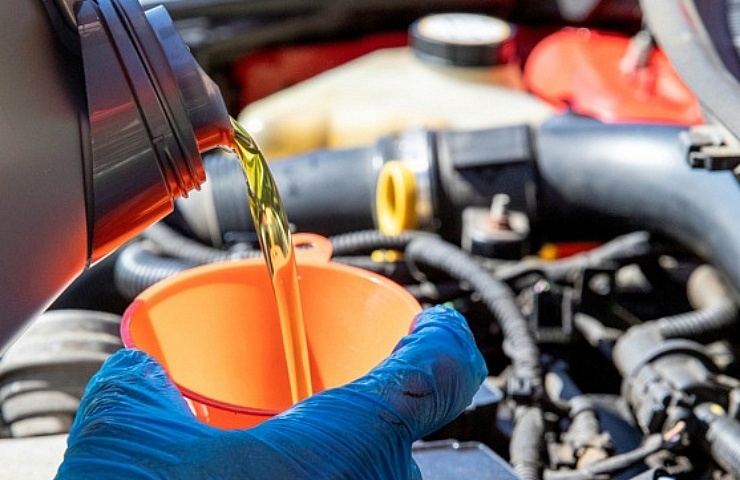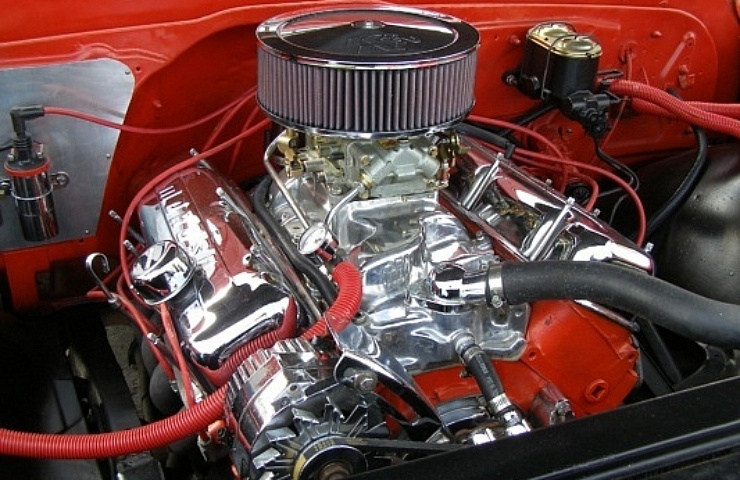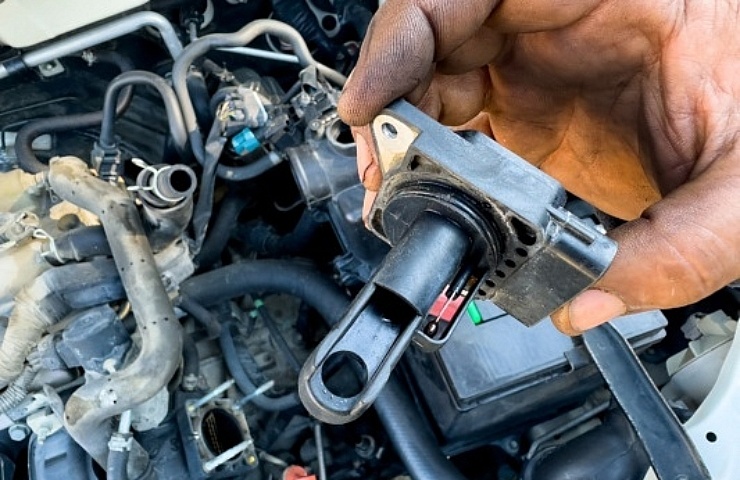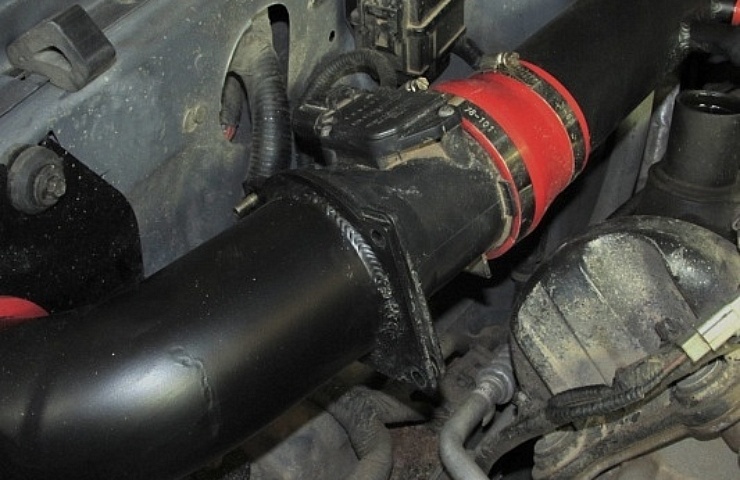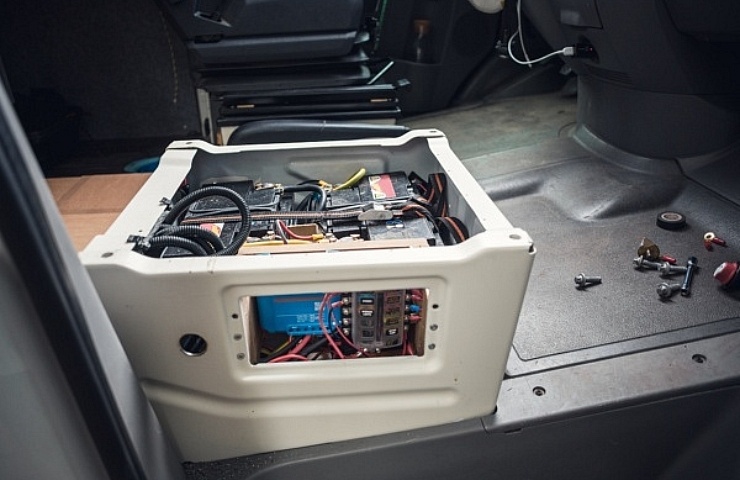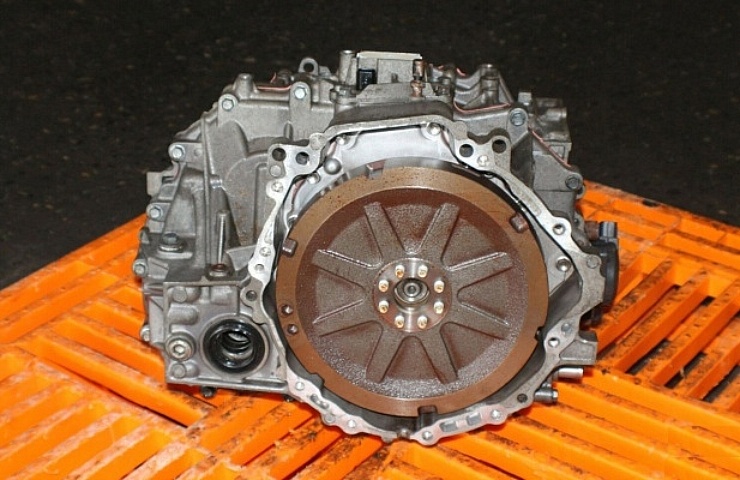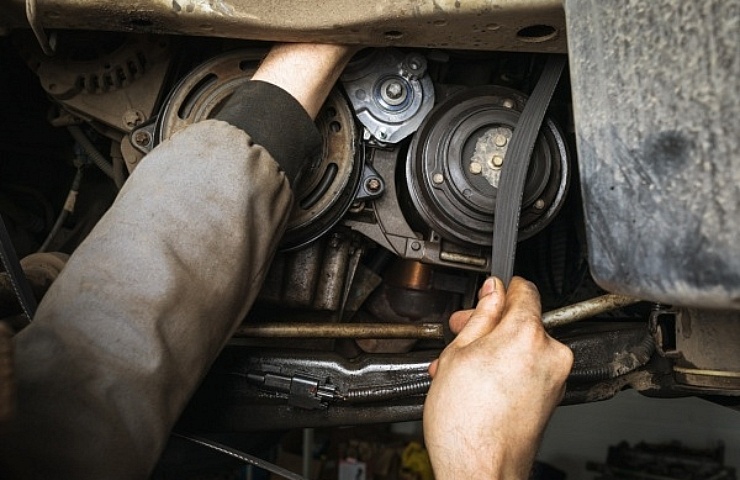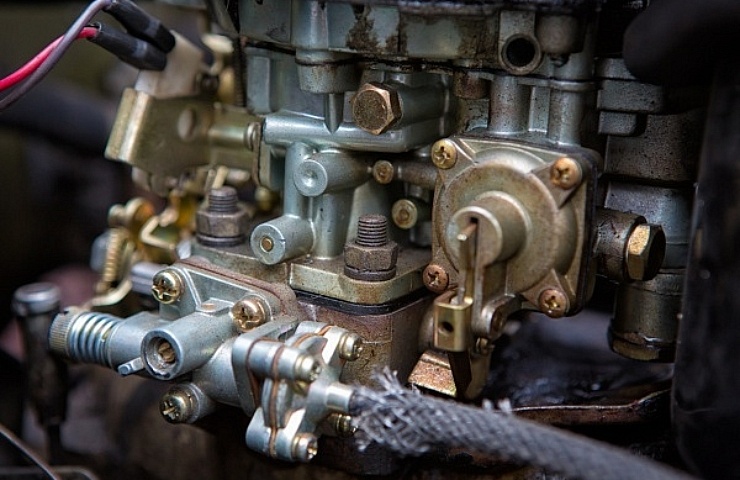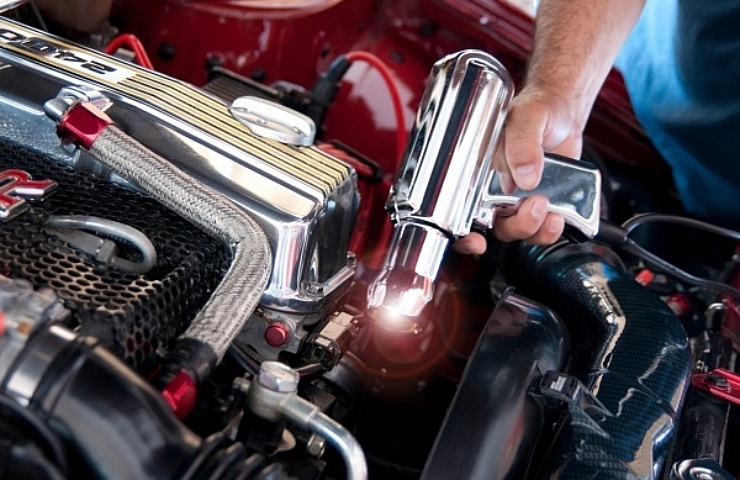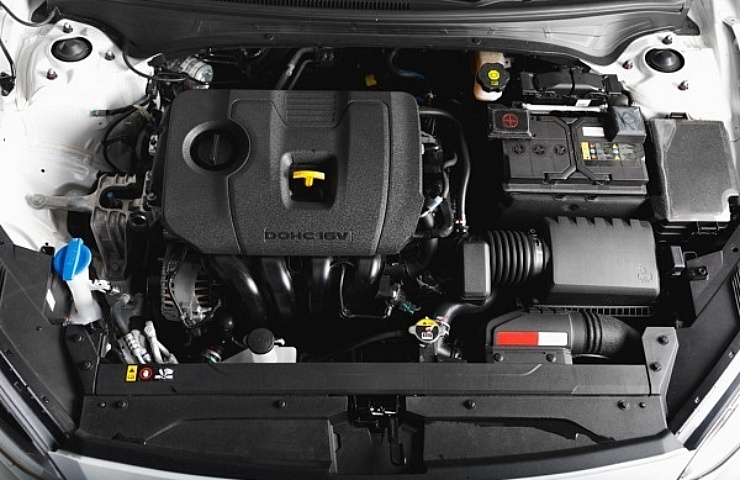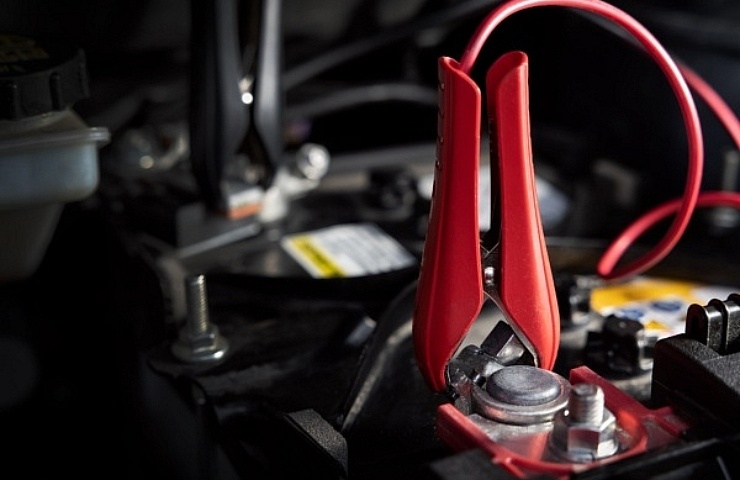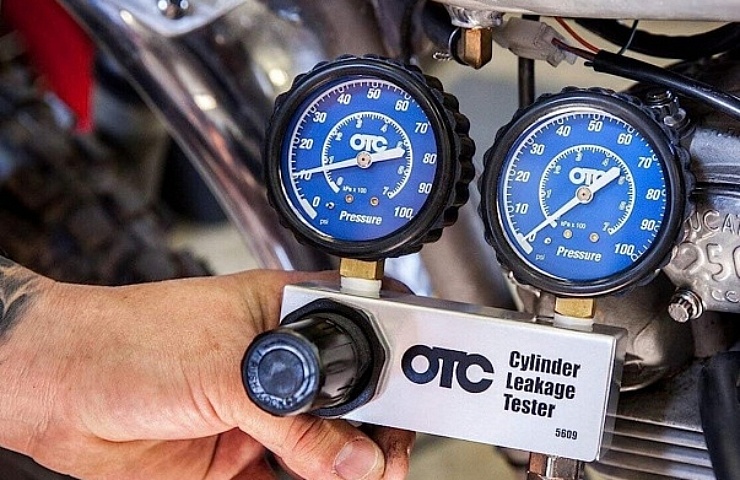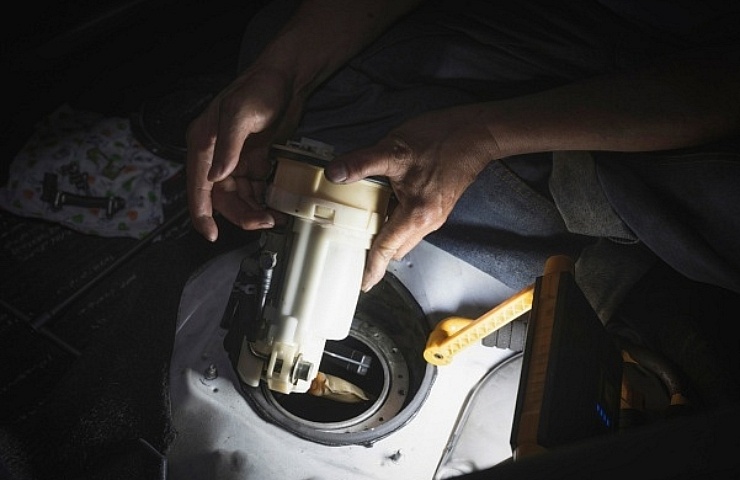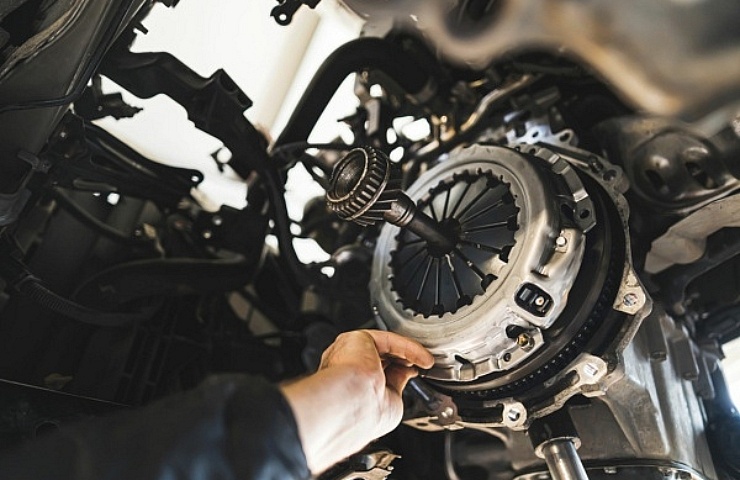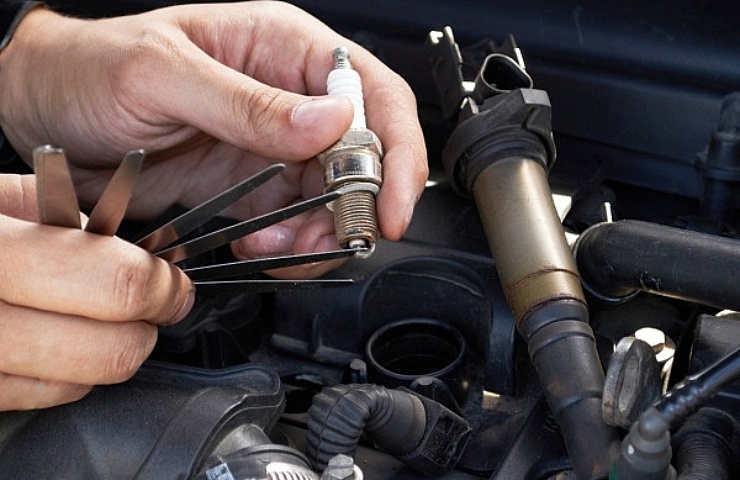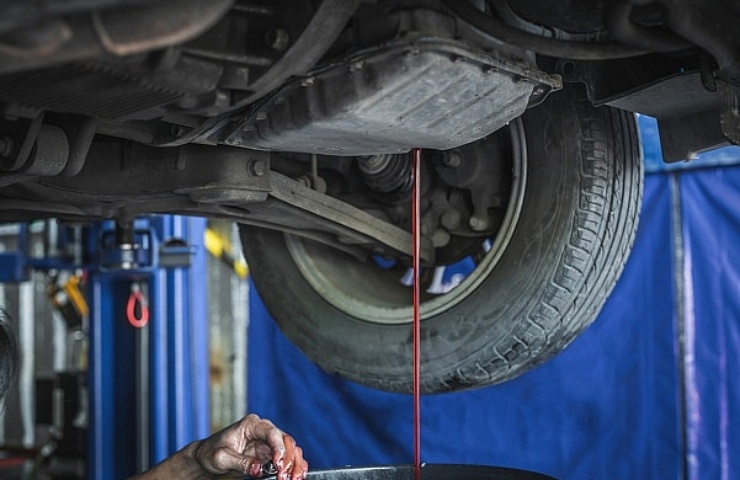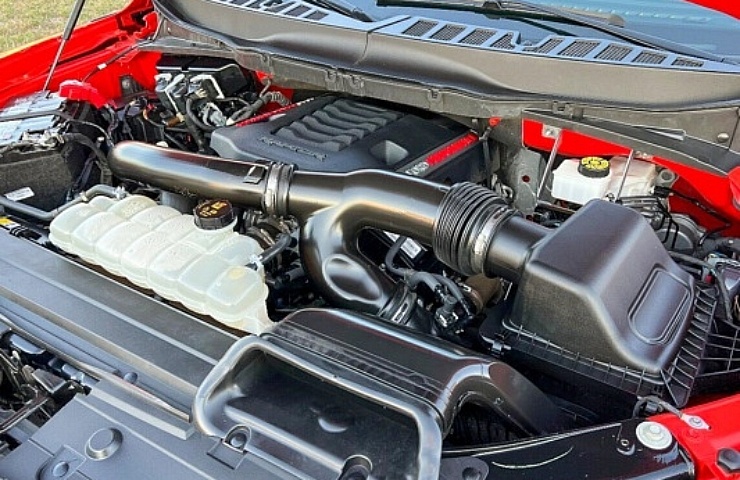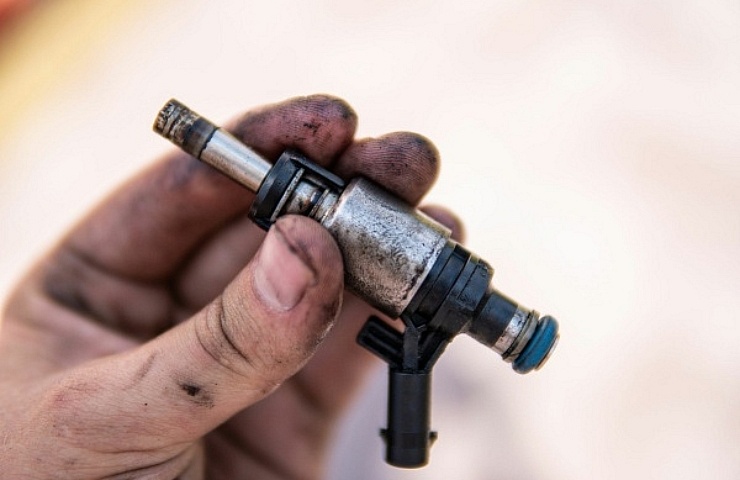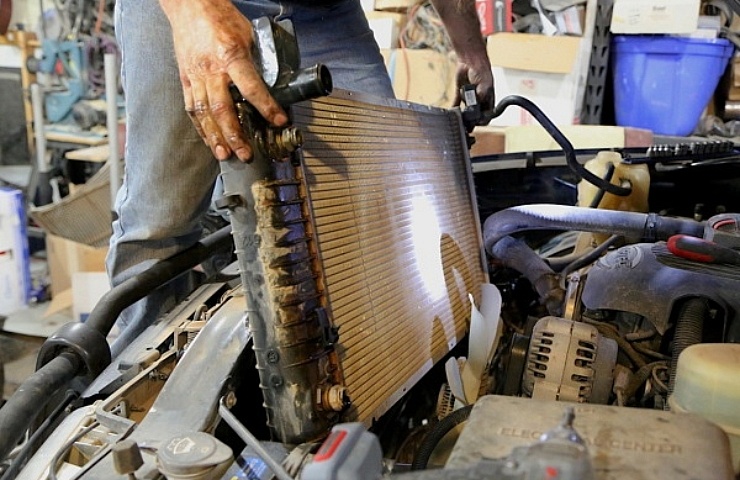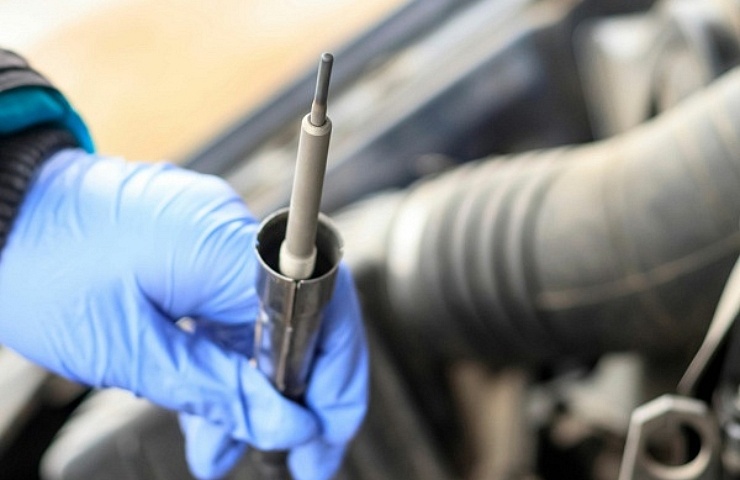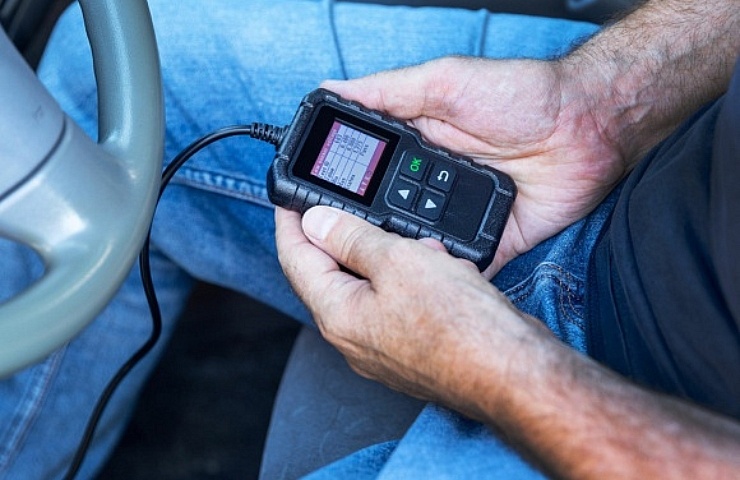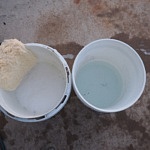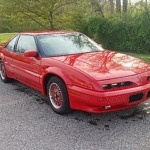Motor oil is the lifeblood of every engine. Our guide will help you choose the best motor oil for your vehicle.
By Gary LieberMar 14
Swapping out stock components under the hood for polished or chromed pieces will grab attention at the next car show.
By Jefferson BryantFeb 150
A clogged or failed MAP sensor can cause many issues. Fortunately, it's relatively easy to replace a MAP sensor.
By Jefferson BryantFeb 141
The MAF sensor is arguably the most critical one in your engine. Many aspects of engine control are based on its readings.
By Chris TonnFeb 50
Some vehicles have multiple batteries to power auxiliary electronics. In that case, you need a battery isolator.
By Jim MotavalliJan 311
Enthusiasts say the CVT transmission is slow, boring, and soulless. But there are reasons to reconsider.
By Chris TonnJan 170
Replacing the alternator belt is a relatively simple job. See our step-by-step guide, and learn about proper belt tension.
By Chris TonnJan 170
Over time, the narrow passageways within a carburetor will get dirty. Cleaning a carburetor keeps your car in top shape.
By Jim PrueterJan 101
A timing light helps you set up classic engines to work at peak efficiency. Use this tool to fine-tune when the spark ignites the fuel.
By Jim PrueterJan 90
DOHC engines use two camshafts on top of the engine’s cylinder head. Each one controls a different set of valves.
By Jim PrueterJan 40
All batteries lose power over time, especially when not in use. The answer for a car in storage is a trickle charger.
By Jefferson BryantDec 290
A leak down test will show you how much compression each cylinder has and how well the cylinder is sealing.
By Jefferson BryantDec 280
Replacing a fuel pump is a moderate job for most DIYers. It takes three to five hours and requires no special tools.
Learn about car clutches, including how they work, parts, and common clutch problems.
By Jefferson BryantDec 190
Even if a spark plug says it is pre-gapped, that gap may not be correct for your vehicle. New spark plugs need to be gapped.
Over time, transmission fluid can become contaminated by dirt and metallic shavings. It needs to be periodically checked.
By Jim PrueterDec 120
EcoBoost refers to gas-powered engines that combine smaller engines, fuel injection, variable camshaft timing, and turbocharging.
By Jefferson BryantDec 120
Over time, all fuel injectors eventually clog up with carbon deposits and debris from the fuel system.
By Jefferson BryantDec 110
Your radiator ensures the engine operates within a specific temperature range. Get advice about radiator leaks and how to fix them.
By Jefferson BryantDec 80
Diesel engines use glow plugs to heat the engine enough for diesel fuel to ignite. See our guide glow plug types and fixing problems.
By Chris TonnDec 70
A common trouble message for many vehicles is the P0302 engine code. What should be done to fix it?

